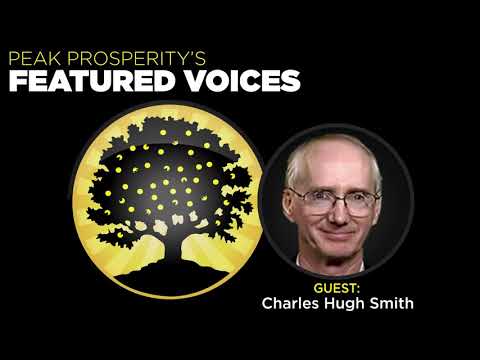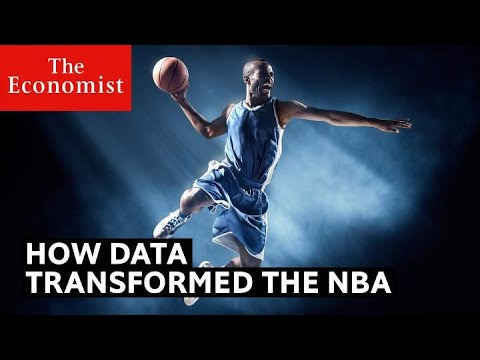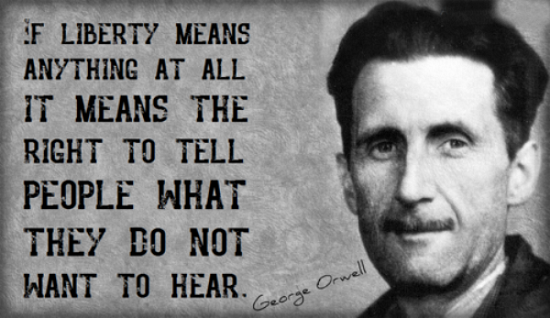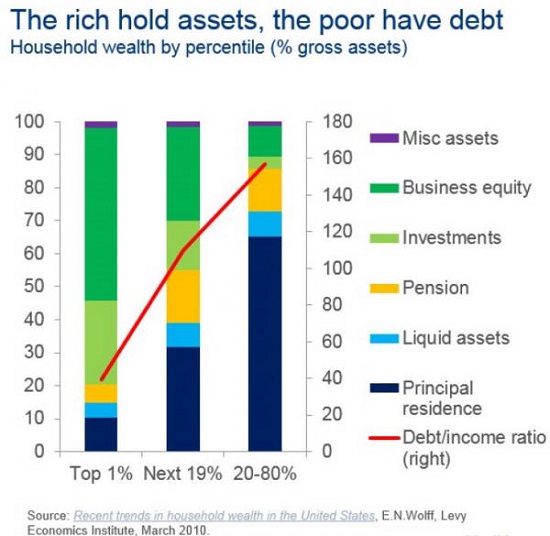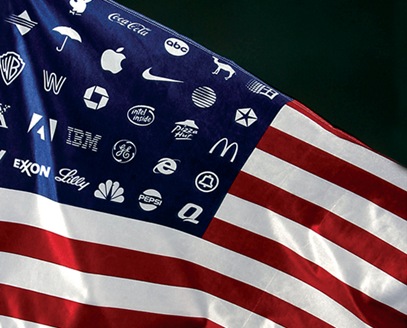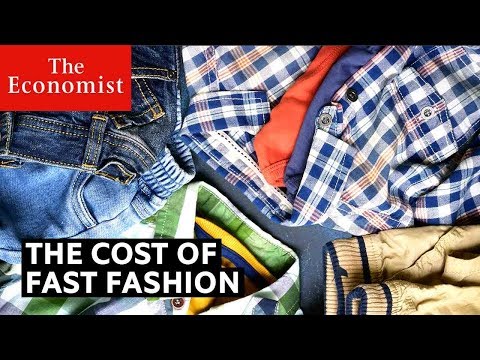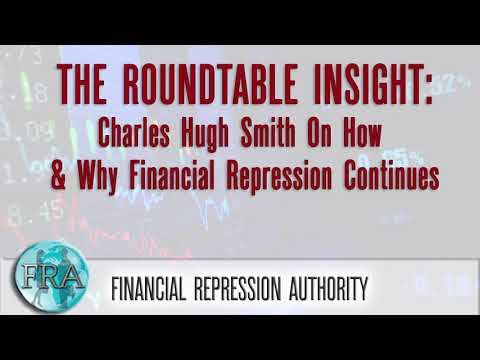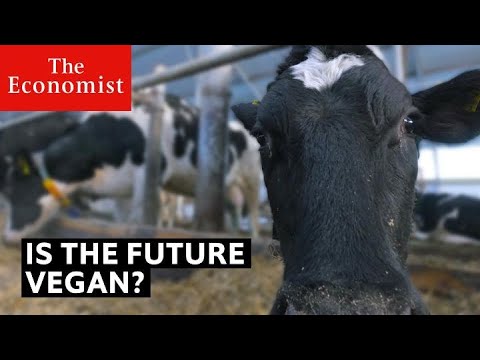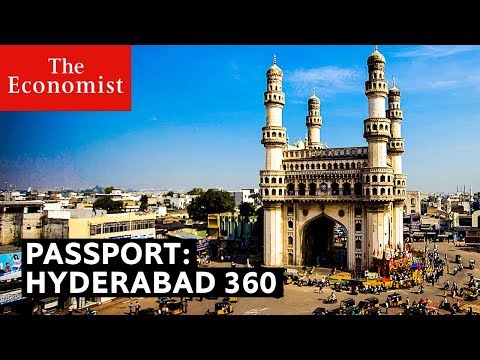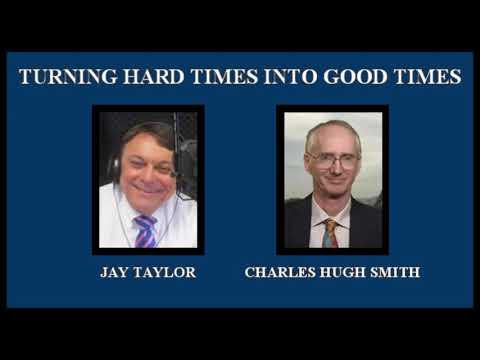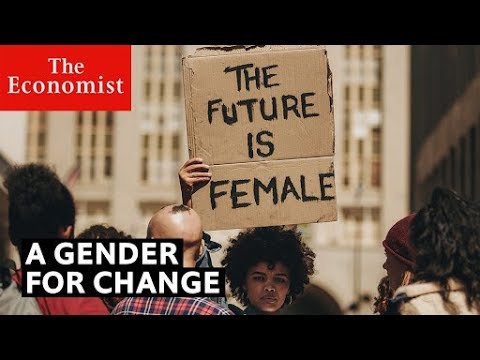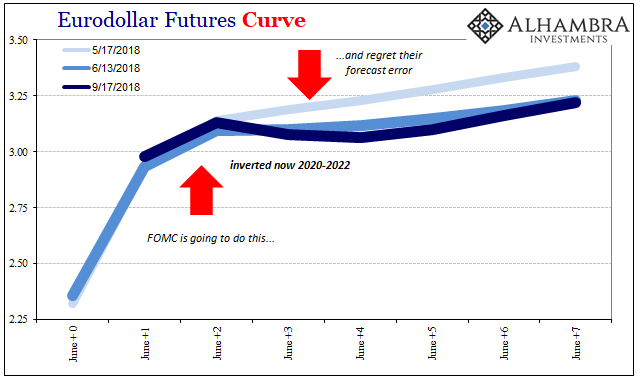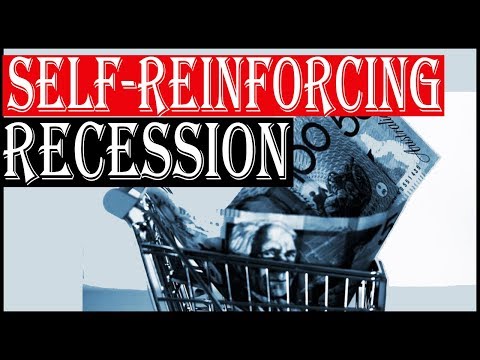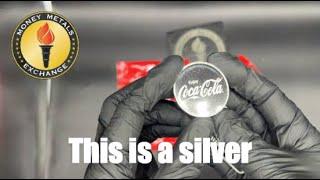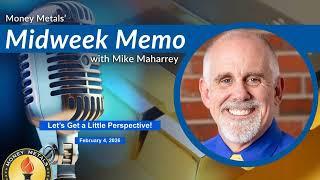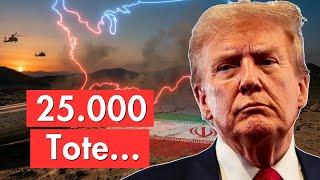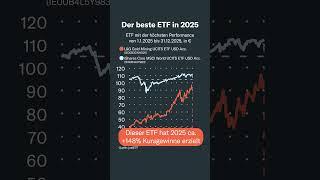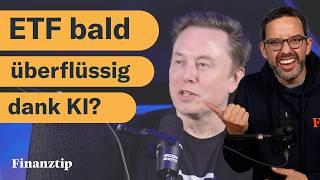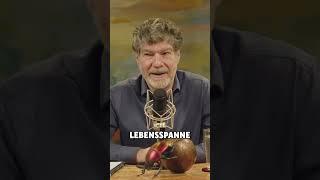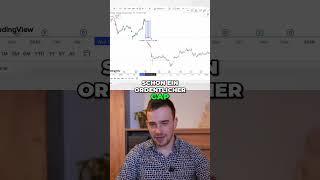Category Archive: 5) Global Macro

Charles Hugh Smith: Preventing The Final Fall Of Our Democratic Republic
Full description and comments at: https://www.peakprosperity.com/podcast/114587/charles-hugh-smith-preventing-final-fall-our-democratic-republic There’s mounting evidence that the Age of American Exceptionalism is grinding to an end. Demographically, in the U.S. (as well as many other developed nations), the prospects of the younger generations are substantially less than those of the Baby Boomers. The same is true socioeconomically as well;...
Read More »
Read More »
How data transformed the NBA | The Economist
NBA teams are changing the way they play basketball. The Houston Rockets, who boast stars like James Harden, have used data analytics to help them become championship contenders in recent seasons. Click here to subscribe to The Economist on YouTube: https://econ.st/2xvTKdy Sponsored by DXC Technology. An invisible powerful force is lifting professional basketball to new …
Read More »
Read More »
China’s Global Slump Draws Closer
By the time things got really bad, China’s economy had already been slowing for a long time. The currency spun out of control in August 2015, and then by November the Chinese central bank was in desperation mode. The PBOC had begun to peg SHIBOR because despite so much monetary “stimulus” in rate cuts and a lower RRR banks were hoarding RMB liquidity.
Read More »
Read More »
Truth Is What We Hide, Self-Serving Cover Stories Are What We Sell
The fact that lies and cover stories are now the official norm only makes us love our servitude with greater devotion. We can summarize the current era in one sentence: truth is what we hide, self-serving cover stories are what we sell. Jean-Claude Juncker's famous quote captures the essence of the era: "When it becomes serious, you have to lie."
Read More »
Read More »
Bearish on Fake Fixes
The conventional definition of a Bear is someone who expects stocks to decline. For those of us who are bearish on fake fixes, that definition doesn't apply: we aren't making guesses about future market gyrations (rip-your-face-off rallies, dizziness-inducing drops, boring melt-ups, etc.), we're focused on the impossibility of reforming or fixing a broken economic system.
Read More »
Read More »
CHARLES HUGH SMITH – Why We Are Going Toward Venezuela’s Path
SUBSCRIBE for Latest on FINANCIAL CRISIS / OIL PRICE / PETROL/ GLOBAL ECONOMIC COLLAPSE / DOLLAR COLLAPSE / GOLD / SILVER / BITCOIN / ETHERIUM / CRYPTOCURRENCY / LITECOIN /FINANCIAL CRASH / GLOBAL RESET / NEW WORLD ORDER / ECONOMIC COLLAPSE / DAVOS 2018
Read More »
Read More »
America Needs a New National Strategy
A productive national Strategy would systemically decentralize power and capital rather than concentrate both in the hands of a self-serving elite. If you ask America's well-paid punditry to define America's National Strategy, you'll most likely get the UNESCO version: America's national strategy is to support a Liberal Global Order (LGO) of global cooperation on the environment, trade, etc. and the encouragement of democracy, a liberal order that...
Read More »
Read More »
Monthly Macro Monitor – November 2018
Is the Fed’s monetary tightening about over? Maybe, maybe not but there does seem to be some disagreement between Jerome Powell and his Vice Chair, Richard Clarida. Powell said just a little over a month ago that the Fed Funds rate was still “a long way from neutral” and that the Fed may ultimately need to go past neutral.
Read More »
Read More »
The true cost of fast fashion | The Economist
Millions of tonnes of clothes end up in landfill every year—it’s one of the fastest-growing categories of waste in the world. How can the fashion industry continue to grow while addressing the environmental need for people to buy fewer clothes? Click here to subscribe to The Economist on YouTube: https://econ.st/2xvTKdy For more from Economist Films …
Read More »
Read More »
The Direction Is (Globally) Clear
It is definitely one period that they got wrong. Still, IHS Markit’s Composite PMI for the US economy has been one of the better forward-looking indicators around. Tying to real GDP, this blend of manufacturing and services sentiment has predicted the general economic trend in the United States pretty closely. The latter half of 2015 was the big exception.
Read More »
Read More »
Charles Hugh Smith On How & Why Financial Repression Continues
Click here for the full transcript: http://financialrepressionauthority.com/2018/11/28/the-roundtable-insight-charles-hugh-smith-on-how-why-financial-repression-continues/
Read More »
Read More »
For The First Time In 25 Years, China Has To Make A Choice Between External Stability And Growth
Back in August 2 we reported of a historic event for China's economy: for the first time in its modern history, China's current account balance for the first half of the year had turned into a deficit. And while the full year amount was likely set to revert back to a modest surplus, it was only a matter of time before one of the most unique features of China's economy - its chronic current account surplus - was gone for good.
Read More »
Read More »
How could veganism change the world? | The Economist
Interest in vegan food and its associated health benefits has been booming across the rich world. A global retreat from meat could have a far-reaching environmental impact. Click here to subscribe to The Economist on YouTube: https://econ.st/2xvTKdy By 2050 the world’s population could approach 10 billion – and around 60% more food could be needed …
Read More »
Read More »
How will people travel in the future? | The Economist
From flying cars to pods that travel at over 1,000kph, revolutionary new ways to travel are being dreamed up by ambitious companies. But which pioneering visions are most likely to take off? Click here to subscribe to The Economist on YouTube: https://econ.st/2xvTKdy Hollywood movies have envisaged a future of hoverboards and flying cars – these …
Read More »
Read More »
Hyderabad in 360 VR | The Economist
Hyderabad, India’s fourth biggest city, is fast becoming one of the most exciting visitor destinations in the country. Its booming tech scene is attracting global attention and transforming this ancient city into a cosmopolitan hotspot. Click here to subscribe to The Economist on YouTube: http://econ.trib.al/rWl91R7 Discover Colombo: https://youtu.be/4COeTrjB6hA Discover Buenos Aires: https://youtu.be/q0pMg6rvc0s Discover Miami:...
Read More »
Read More »
Charles Hugh Smith-Why Are so Few Americans Able to Get Ahead?
Charles Hugh Smith, author/ proprietor of the popular blog OfTwoMinds.com, talks about the current economic climate and way so few Americans are unable to get ahead.
Read More »
Read More »
#Metoo: how it’s changing the world | The Economist
#MeToo sparked a defining chapter in gender relations and its seismic reverberations have been felt across the world. From protests about rape and murder in South Africa, to the Times Up Legal Defense Fund in America, discover the latest efforts to tackle sexual harassment and push for gender equality. Click here to subscribe to The …
Read More »
Read More »
Does the Market Need a Heimlich Maneuver?
For all we know, the panic selling is Wall Street's way of forcing the Fed's hand: stop with the rates increases already or Mr. Market expires. Markets everywhere are gagging on something: they're sagging, crashing, imploding, blowing up, dropping and generally exhibiting signs of distress.
Read More »
Read More »
Eurodollar Futures: Powell May Figure It Out Sooner, He Won’t Have Any Other Choice
For Janet Yellen, during her somewhat brief single term she never made the same kind of effort as Ben Bernanke had. Her immediate predecessor, Bernanke, wanted to make the Federal Reserve into what he saw as the 21st century central bank icon. Monetary policy wouldn’t operate on the basis of secrecy and ambiguity. Transparency became far more than a buzzword.
Read More »
Read More »
CHARLES HUGH SMITH – Self-Reinforcing Recession
SUBSCRIBE for Latest on FINANCIAL CRISIS / OIL PRICE / PETROL/ GLOBAL ECONOMIC COLLAPSE / DOLLAR COLLAPSE / GOLD / SILVER / BITCOIN / ETHERIUM / CRYPTOCURRENCY / LITECOIN /FINANCIAL CRASH / GLOBAL RESET / NEW WORLD ORDER / ECONOMIC COLLAPSE / DAVOS 2018
Read More »
Read More »









